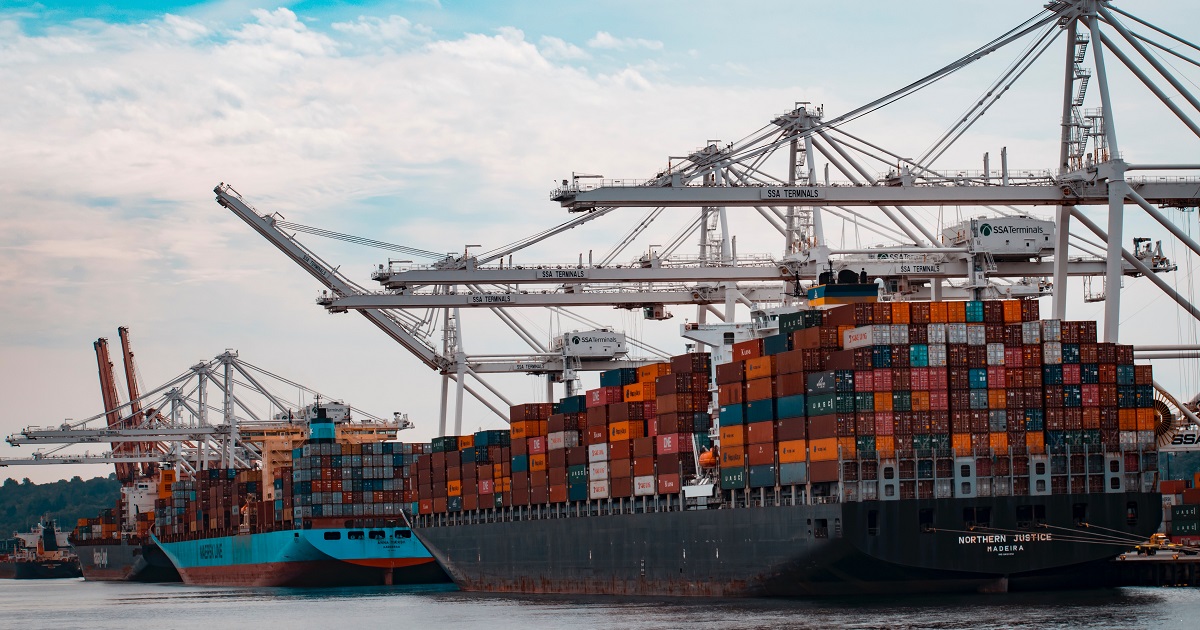Industry bodies and producers ask the government to throw a crucial agricultural export sector a lockdown lifeline.
Wine producers are confused, angry and despairing about what to try next to ensure job security of a vital yet increasingly shaky agricultural sector. Government’s latest lockdown, starting on 16 April, included an about-turn on wine exports including the transporting of wine from cellar to ports, which were opened under the Disaster Management Act on 7 April.
The government changed tack in only nine days, with Minister for Co-operative Governance and Traditional Affairs Nkosazana Dlamini-Zuma announcing on 16 April that transportation of alcohol is prohibited, unless for the production of hand sanitisers and household cleaning products or industrial use. On the same day, Transport Minister Fikile Mbalula issued a review of lockdown measures that confirmed the transportation of alcohol was prohibited.
“In a nutshell, we are no longer allowing movement of wines,” said Mbalula.
“It’s borderline ridiculous. It was a bolt out of the blue,” said a senior wine industry member who was involved in lobbying.
“We were hoping for further relaxation, such as exemptions for road exports. And also that we might potentially be allowed to start bottling for exports.”
“The government decision to stop the export of wine during the lockdown will be devastating. A sign of a bad judgment,” said the Minister of Agriculture for Western Cape Government, Dr Ivan Meyer, last week. Noting that 98% of wine cellars are in the Western Cape, Meyer immediately appealed to the minister of agriculture, land reform and rural development in a 17 April document.
“It is not clear what the reasoning was behind this turnaround, but from the statement by Minister Mbalula, it is gathered that a direct correlation was drawn between the export of wine on the one hand and the recent increase in burglaries and theft of alcohol from closed outlets on the other,” said Meyer.
“It requires some explanation to clarify how export wine in transit from a warehouse to a seaport could be brought in correlation with theft from a local liquor store.”
Indeed, the government’s tenuous link between allowing wine transportation and criminality seems to crop up repeatedly as a ministerial reason for shutting down international exports of an industry which employs nearly 300,000 people.
“The tone we’re getting from government at the moment is not positive towards business in general. They’re linking alcohol to crime, and not to business. We’re fighting a virus. Let’s fight that,” said one frustrated exporting producer operating three cellars in the Franschhoek area.
R200-million lost weekly
R200-million is the estimated weekly financial impact of lost wine exports for South African producers, according to Van Loveren CEO Phillip Retief.
“By Thursday 23 April it will be a month since lockdown began. Over a four-week period, that would be R800-million of lost foreign currency in trade inflows.”
Retief is on the Vinpro and Wines of South Africa (Wosa) industry task team. In just over a week, since 7 April (when wine exports opened), he says 1,400 containers of bulk or bottled wine were booked for export through Transnet via local ports. The period included the Easter weekend public holidays.
Vinpro MD Rico Basson said at the weekend that urgent meetings were in place to “try to get answers, new information and find a way forward for the industry”. A 16 April joint statement from Vinpro and WOSA said the industry was “deeply disappointed and shocked at this sudden change of direction” as “the livelihood and long-term future of our industry is in grave danger”.
“We are continuing discussions with government in a much more urgent and forceful level,” said WOSA communications spokesperson Maryna Calow.
“We’re also looking into potential recourses, and what grounds we may have legally in that regard.”
Under current lockdown conditions, the only processes that can take place are those tying in with 2020 harvest processes. Producers may be in cellars but cannot manufacture or transport wine.
South Africa’s wine exports are the second largest agricultural crop after citrus, according to Bureau for Food and Agricultural Policy figures. Wine exports totalled 320 million litres during 2019, during a severe drought. The 2018 exports were 420 million litres.
Only wine country not exporting
“South Africa is unique and alone in that it’s the only major wine-producing country that is not able to export at all during coronavirus. Our key customers have shelves to fill. They’re selling wine and will have to make decisions soon about what they stock the shelves with. To reclaim that market share will be a vital challenge,” said Accolade Wines’ GM of South African operations, James Reid.
Nearly 50% of South Africa’s wine production is exported. Accolade Wines is the number one wine company by value in the United Kingdom, South Africa’s leading export market. Accolade’s Kumala brand is South Africa’s leading UK brand.
“We have orders due to go out, and more to go in the coming couple of weeks,” added Reid.
On 17 April, the Presidency also declined the request of the Gauteng Liquor Forum members to sell alcohol locally during the National State of Disaster, stating that “the restriction on the sale of liquor will remain”.
In that statement, the Presidency said it “considered representations from other stakeholders who have pointed to the causal relationship between alcohol intoxication and abuse, and risky behaviour. There are proven links between the sale and consumption of alcohol and violent crime, motor vehicle accidents and other medical emergencies”.
more on dailymaverick.co.za




